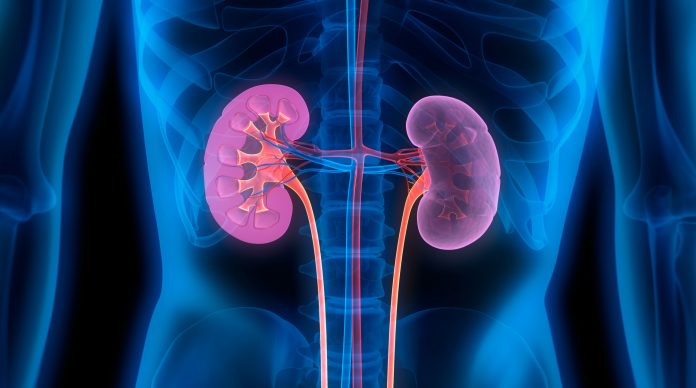
Researchers at the Royal Adelaide Hospital and the University of South Australia have discovered that a dual combination of standard transplant anti-rejection drugs with immunotherapy can eradicate cancer cells in a quarter of transplant patients while also protecting their new organ.
“Cancer is a leading cause of death in kidney transplant recipients with the rate of cancer being three-times higher in this group, than in the general population,” said senior renal consultant at the Royal Adelaide Hospital, and first author of the study, Rob Carroll, in a press statement.
“The terrible irony is that the immunosuppressants that patients must always take to stop their immune systems attacking their transplants, are also the medicines that stops the immune system getting rid of pre-cancerous cells”
The study, published in The Lancet Oncology, aims to correct this imbalance by testing the efficacy of maintaining baseline anti-rejection medication to stop the immune system from attacking the transplant, while also adding immune checkpoint inhibitors to eliminate the cancer cells.
Immune checkpoint inhibitors are anti-cancer drugs that bind to proteins known as immune checkpoints. In a healthy organism these proteins are needed to prevent an overreaction of the immune system but in a person with cancer they can prevent the immune system from attacking malignant cells. By blocking immune checkpoints, immune cells can attack cancer cells.
The researchers assessed 22 patients with a renal transplant and incurable locally advanced or metastatic cancer that had progressed despite first-line standard anti-tumor treatment. The anti-rejection drugs were kept unchanged throughout the treatment except for the addition of an immune checkpoint inhibitor nivolumab.
In comparison to previous studies, Carroll and his team were able to not only eradicate cancer cells in a quarter of patients but to also reduce transplant rejection to only 12% compared to previous rejection rates of nearly 50%.
Previous research published in the Oncologist, also focused on the use of immune checkpoint inhibitors for the treatment of cancer in kidney transplant patients. However, although the transplant recipients responded to the new cancer medication the rates of organ rejection were very high while also associated with high mortality in patients.
Despite the researchers acknowledging the small cohort and possible limitations of the study, Carroll concluded that the results were “a massive advancement for kidney transplant patients; a whole new lease on life.”













